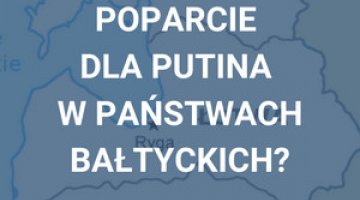Analyses
Deadlock over a new nuclear power plant in Lithuania
The commission receiving offers from strategic investors for the nuclear power plant building project on 3 December ended its operation without having selected a winner. One of the two offers received failed to meet the conditions, and the other – placed by the South Korean company KEPCO – was withdrawn by the bidder. The failure of the tender, which has been in place for a year, means another crisis for the project aimed at strengthening the energy security of the Baltic states and Poland. Lithuania after the closing of Ignalina, the only nuclear power plant in the region, would like to regain its position of a regional leader in electric energy production.
The right-wing government led by Andrius Kubilius at the onset of its operation in 2008 dissolved LEO LT, a company controlled by the Lithuanian state and private capital. The establishment of LEO LT had been accompanied by scandals. The company was to be the main investor in the power plant, co-operating with minority stakeholders from Poland, Latvia and Estonia. In December 2009 a tender was announced in the search for a Western strategic investor which would have enough funds to acquire 51% of the shares in the investment and the expertise necessary to carry out the project. The regional partners could remain in the group of investors after negotiations with the winner of the tender.
High risk is inherent in investing in the Lithuanian nuclear energy sector. The Lithuanian governments, by stretching out the phase of constructing the group of investors, gave the Russian side time for developing competitive plans for building a power plant in the Kaliningrad oblast. The Russian government is also looking for an investor, and the possible implementation of this project increases the risk for a company which would decide to invest in Lithuania. Belarus has also upheld its intention to build a nuclear power plant.
The Lithuanian government has announced another attempt at direct negotiations with selected firms, including also possibly with KEPCO. However, the tender’s failure has weakened Lithuania’s position in new negotiations and thus has lowered the chances for the government to obtain conditions which would ensure Lithuania access to cheaper energy after 2020. <jhyn>




